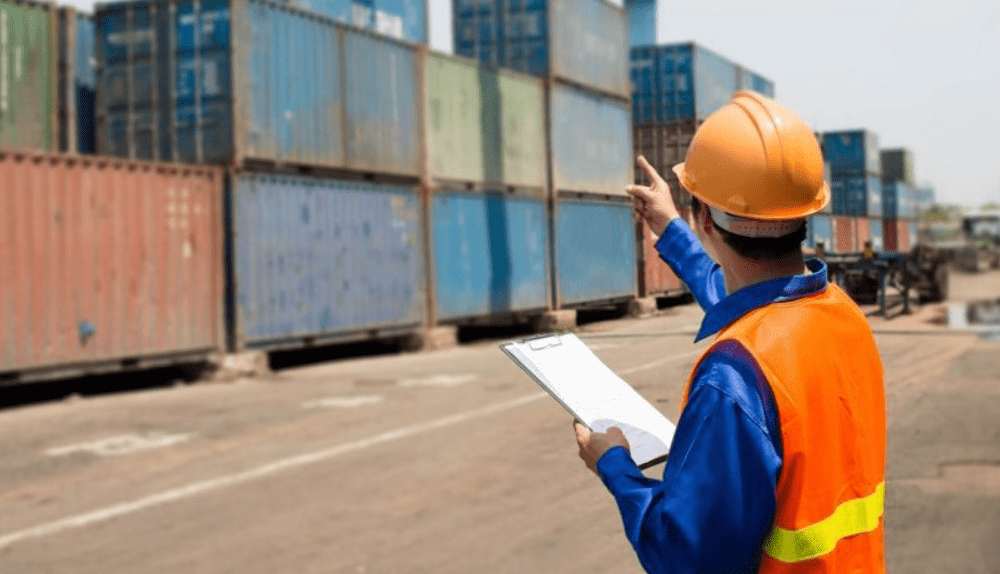Navigating NZ Building Codes with Expert Compliance Inspection Services

New Zealand’s building codes are governed by the Building Act 2004 and are administered by the Ministry of Business, Innovation, and Employment (MBIE). The Building Code sets out the standards and requirements for the design, construction, and maintenance of buildings, and it plays a pivotal role in ensuring compliance with building compliance inspection services. It covers various aspects, including structural stability, fire safety, accessibility, and energy efficiency.
Key Regulatory Authorities
To navigate New Zealand’s building codes effectively, it’s essential to be aware of the key regulatory authorities involved in the process. These include:
- Ministry of Business, Innovation, and Employment (MBIE): Responsible for developing and maintaining the Building Code and overseeing building compliance.
- Local Councils: Enforce building codes at the local level and issue building permits.
- Certifying Authorities: Responsible for issuing building consents and code compliance certificates.
- Licensed Building Practitioners (LBPs): Individuals with specialized knowledge and skills in the construction industry, often required for specific projects.
Recent Changes and Updates
Building codes are not static; they evolve to address emerging challenges and advancements in construction practices. Staying informed about recent changes and updates is crucial. Some recent developments include amendments related to earthquake-prone buildings, energy efficiency, and sustainable construction practices.
Ensuring Safety and Quality
Expert compliance inspection services are your assurance that your construction project complies with the latest building codes and standards. Inspectors thoroughly assess the project, identifying potential issues that may compromise safety and quality.
Meeting Legal Obligations
Compliance inspection services help you meet your legal obligations by ensuring your project aligns with regulatory requirements. They assist in obtaining the necessary permits and certificates to move forward with construction.
Avoiding Costly Delays and Revisions
By proactively addressing compliance issues during the inspection phase, you can prevent costly delays and revisions later in the construction process. This not only saves money but also ensures your project stays on schedule.
Types of Building Compliance Inspections
Pre-Construction Inspections
Pre-construction inspections are conducted before any work begins. They assess the site, plans, and specifications to ensure they comply with building codes. This proactive approach helps identify potential issues early.
During-Construction Inspections
During-construction inspections occur at various stages of the project. Inspectors verify that work is progressing according to approved plans and that all safety measures are in place.
Post-Construction Inspections
Post-construction inspections are the final step in the compliance process. Inspectors review the completed project to ensure it meets all building code requirements. This inspection is crucial for obtaining a code compliance certificate.
Qualities of a Reliable Compliance Inspection Service
Certifications and Accreditation
Choose an inspection service provider with the necessary certifications and accreditations. These credentials demonstrate their competence and adherence to industry standards.
Experience and Expertise
Experience matters in compliance inspections. Look for a provider with a track record of successful inspections and a deep understanding of New Zealand’s building codes.
Comprehensive Reporting
A reliable inspection service should provide comprehensive reports detailing their findings. These reports are essential for addressing any compliance issues efficiently.
Timeliness and Availability
Timely inspections are crucial to keep your project on track. Ensure the service provider can accommodate your schedule and deliver results promptly.
The Process of a Building Compliance Inspection
Initial Consultation
The inspection process typically begins with an initial consultation. During this phase, the inspector discusses the project’s scope, timeline, and specific requirements.
On-Site Inspection
The on-site inspection involves a thorough examination of the construction site, plans, and work in progress. Inspectors assess compliance with various aspects of the Building Code.
Detailed Assessment
After the on-site inspection, the inspector conducts a detailed assessment, identifying any compliance issues or deviations from the code.
Report Generation
Finally, the inspector generates a detailed report outlining their findings and recommendations. This report is essential for addressing any compliance issues and obtaining necessary permits.
Costs Associated with Compliance Inspection Services
Factors Affecting Costs
The cost of compliance inspection services can vary based on factors such as the size and complexity of the project, the number of inspections required, and the service provider’s fees.
Comparing Quotes
It’s advisable to obtain quotes from multiple inspection service providers and compare their offerings. Remember that the lowest cost may not always guarantee the best service quality.
Tips for a Smooth Inspection Process
Documentation and Records
Maintain thorough documentation and records throughout your project to simplify the inspection process. This includes plans, permits, and communication with the inspection service.
Clear Communication
Effective communication with your inspection service provider is key. Discuss expectations, timelines, and any concerns upfront to ensure a smooth process.
Preparing for the Inspection
Prepare your construction site by addressing any known issues before the inspection. This proactive approach can help avoid compliance hurdles.
Common Compliance Issues and How to Address Them
Structural Deficiencies
Structural issues are a common compliance challenge. Address them promptly by working with engineers and contractors to rectify any deficiencies.
Fire Safety Violations
Fire safety is a critical aspect of compliance. Ensure your building has the necessary fire protection measures in place.
Accessibility Concerns
Accessibility is another crucial consideration. Ensure your building is accessible to all individuals, including those with disabilities.
Staying Updated with Building Code Changes
Continuous Education and Training
Stay updated with changes in building codes through continuous education and training. This ensures you remain informed about the latest standards and practices.
Monitoring Regulatory Updates
Regularly check for regulatory updates and amendments to the Building Code. Staying informed helps you adapt your projects accordingly.
Choosing the Right Compliance Inspection Service Provider
Requesting References
When selecting an inspection service provider, don’t hesitate to request references from past clients. Hearing about others’ experiences can help you make an informed choice.
Reading Reviews and Testimonials
Online reviews and testimonials can provide valuable insights into the reputation and reliability of an inspection service provider.
Interviewing Potential Providers
Conduct interviews with potential providers to assess their expertise, communication skills, and alignment with your project’s requirements.
Frequently Asked Questions (FAQs)
What are the penalties for non-compliance with building codes in New Zealand?
Non-compliance can result in fines, project delays, or even the suspension of construction until issues are resolved. Penalties vary depending on the severity of the violations.
Do I need compliance inspection services for small renovation projects?
While not always mandatory, compliance inspection services can help ensure that even small renovation projects meet safety and quality standards.
How often should I schedule compliance inspections for my commercial property?
The frequency of inspections can vary but is typically more frequent during construction and less frequent once the building is in use. Consult with your service provider for guidance.
What is the typical turnaround time for a compliance inspection report?
The turnaround time for a compliance inspection report can vary, but providers should communicate their expected timelines during the initial consultation.
Can compliance inspection services help me obtain building permits?
Yes, compliance inspection services often assist in obtaining the necessary permits by ensuring your project aligns with regulatory requirements.
Are there any government incentives for compliance with sustainable building practices?
In some cases, government incentives may be available for sustainable building practices. These incentives can include tax credits or grants for eco-friendly construction.
What are the most common building code violations in New Zealand?
Common violations include structural deficiencies, fire safety issues, and accessibility concerns. Compliance inspections help identify and address these issues.
Can I request a re-inspection if my property fails the initial compliance inspection?
Yes, you can request a re-inspection after addressing the identified issues to ensure compliance with building codes.
Conclusion
Navigating New Zealand’s building codes is a complex but necessary endeavor for anyone involved in construction and property development. Expert compliance inspection services provide the expertise and guidance needed to ensure that your projects meet regulatory requirements, prioritize safety, and maintain quality. By understanding the significance of compliance, staying informed about building codes, and choosing the right inspection service provider, you can navigate the construction landscape with confidence and success.





